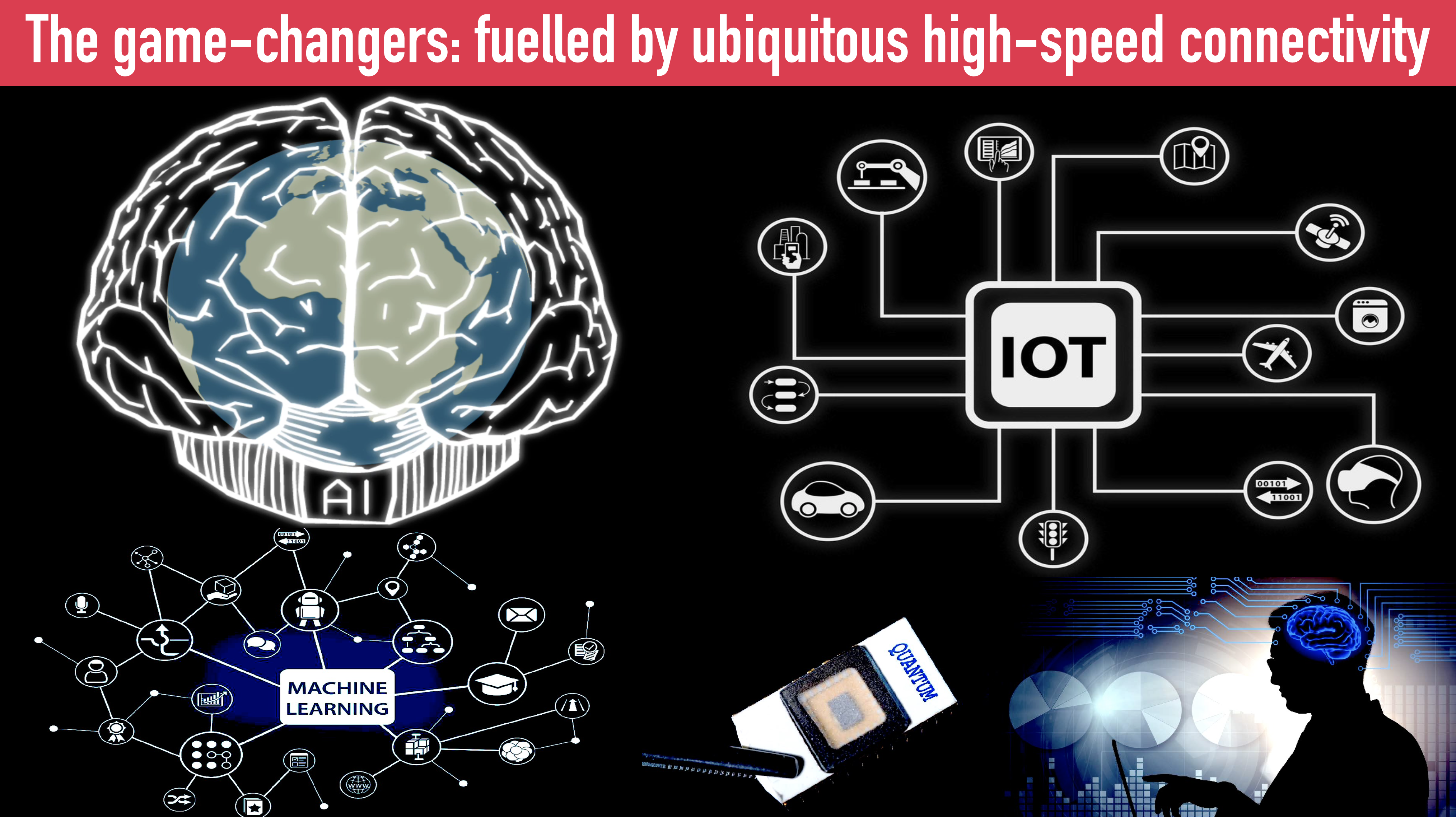
Amazon acquires Eero – why that is that worrying?
Amazon has acquired Eero, the mesh-Wifi company. What is mesh-Wifi? ...

Amazon has acquired Eero, the mesh-Wifi company. What is mesh-Wifi? ...

Kevin Kelly has an interesting new post about AR (Augmented Reality) ...

“The slow, steady erosion of democracy around the world continued ...
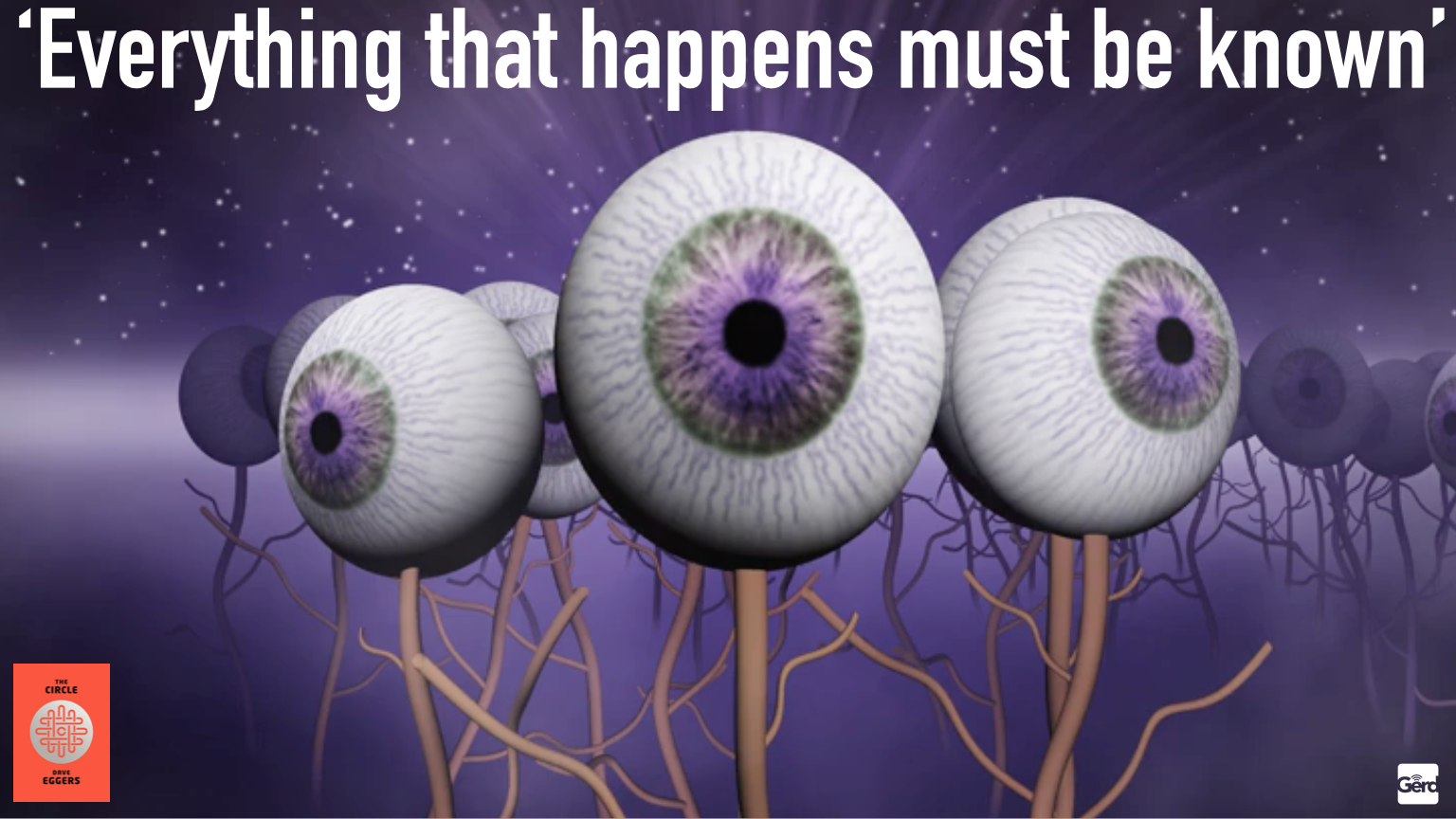
This post was co-produced with Peter Van Both The Guardian and ...

Guest post by Peter Van Sidewalk Labs is Google's / ...
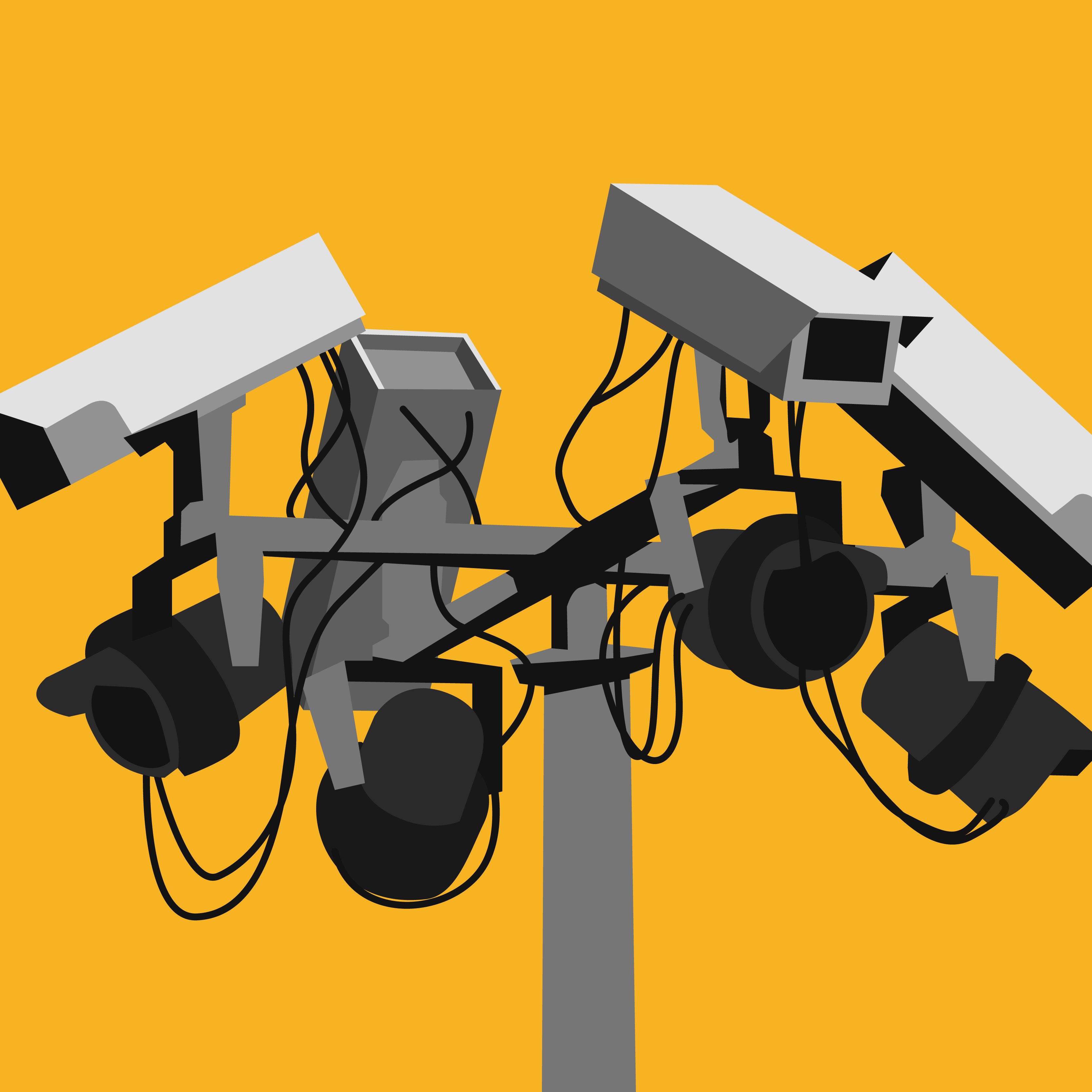
This is a guest post by TFA’s new curator Peter ...

Just went live on my Youtube channel – we have ...





No escape from the data tsunami? Note: this post has ...
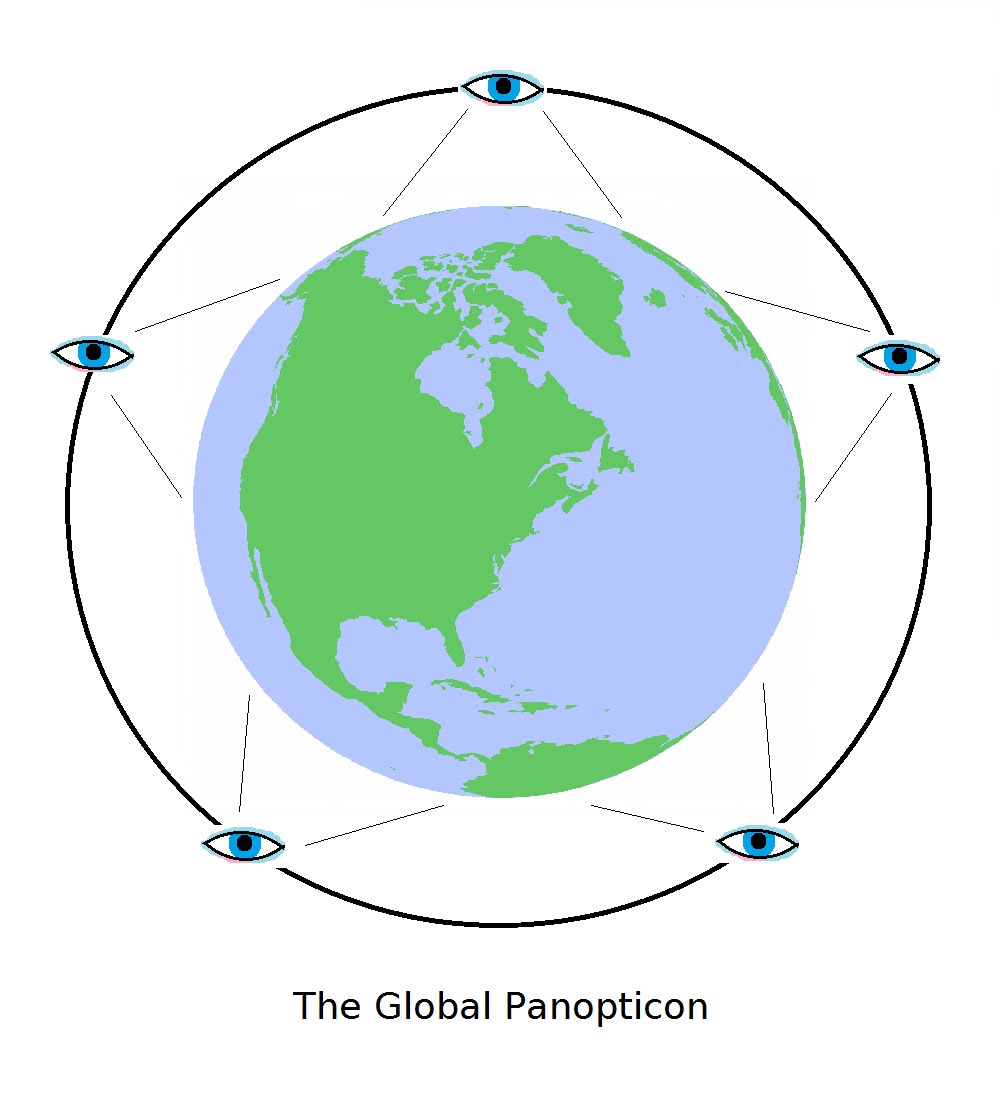
Read Vivek Wadwha's take on Apple vs FBIRead NYT's opinion piece

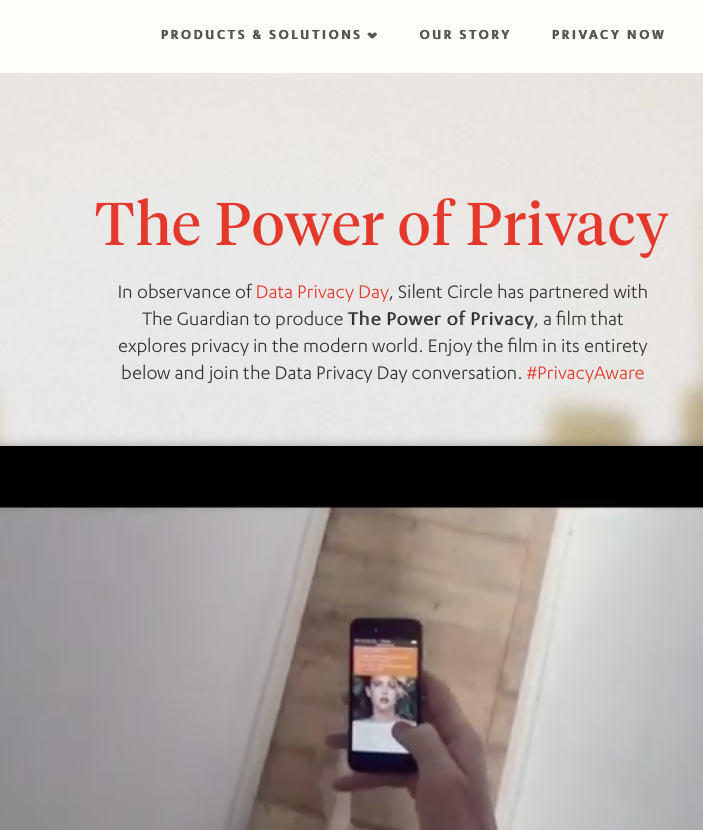
The Power of Privacy In observance of Data Privacy Day, Silent ...





Read more about my gig at MoJoCon Dublin. Thanks to ...

CITIZENFOUR UK trailer – a film by Laura Poitras, featuring ...